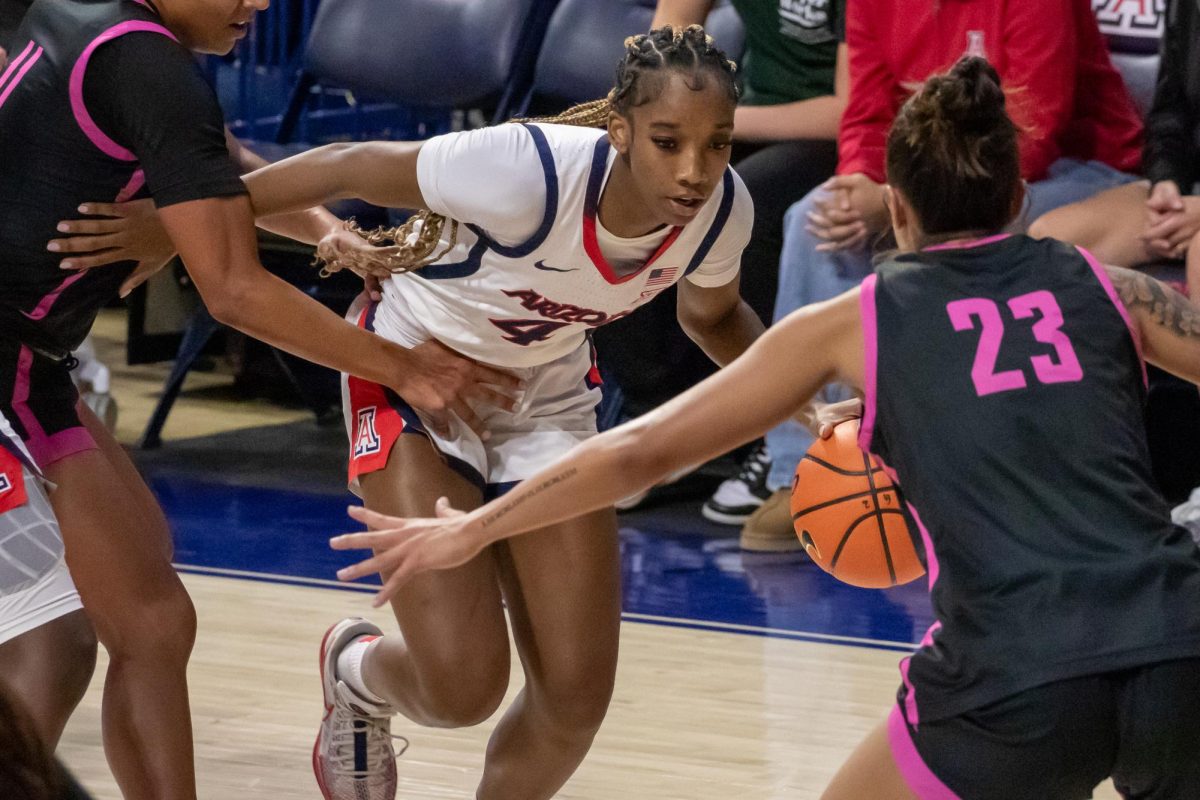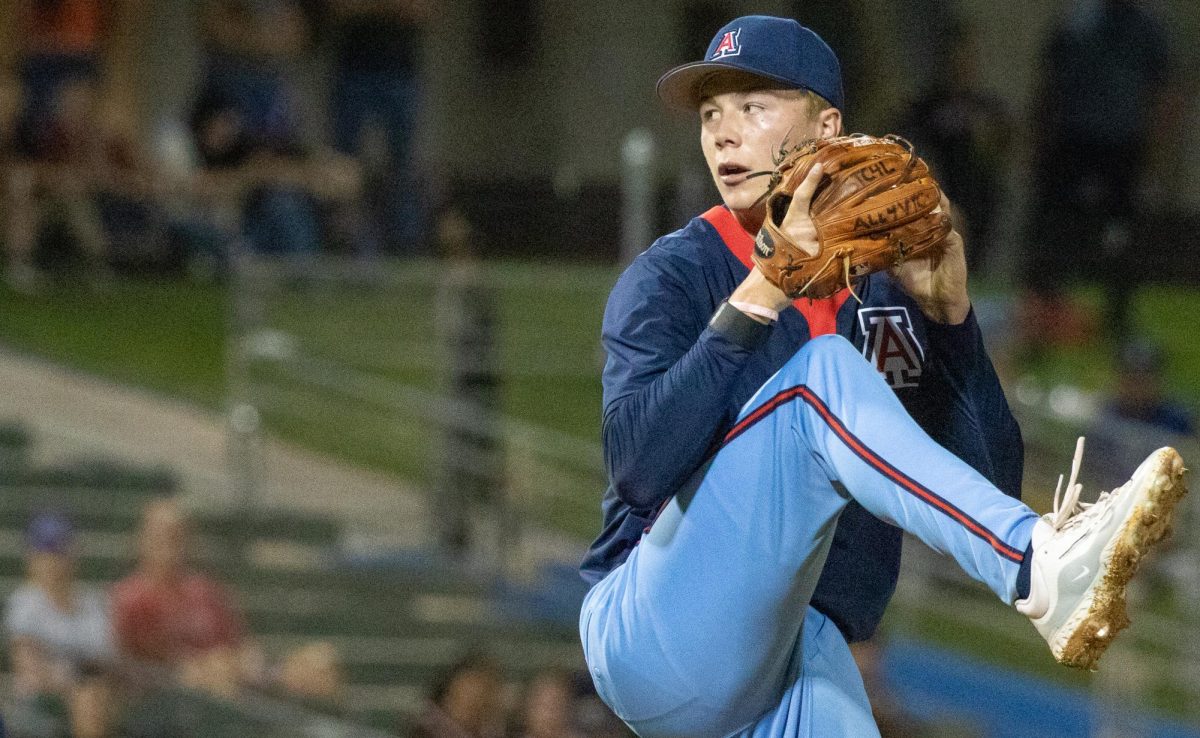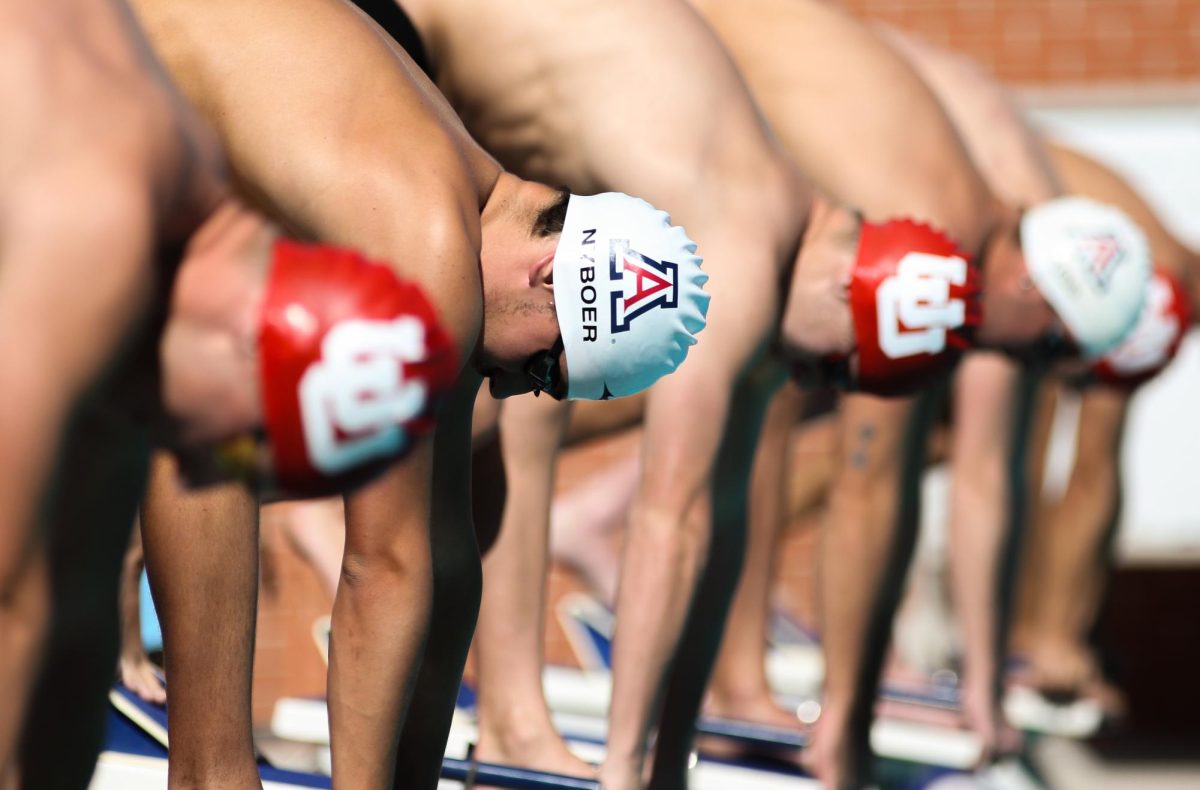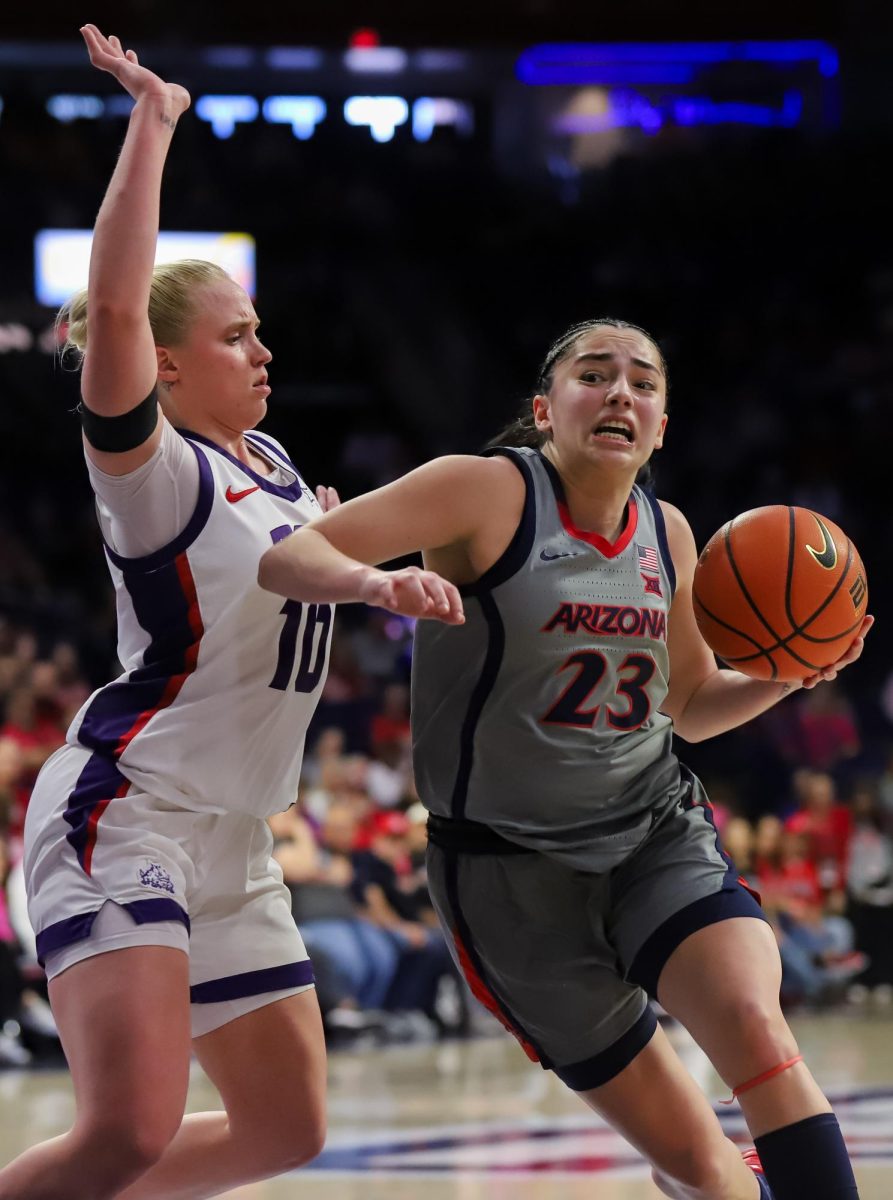The state of Arizona has recently passed legislation to establish new event wagering and fantasy sports contest rules which legalize and regulate sports gambling in the state. The targeted “go-live” date for event wagering is Sept. 9, and the updated go-live date for fantasy sports contests started Aug. 28.
The Daily Wildcat spoke with University of Arizona alumnus Ted Vogt, director of the Arizona Department of Gaming, to understand what these developments mean for Arizona sports fans.
“The legislation that was passed this last session was part of a larger agreement between the state and the tribes. So I think it needs to kind of be seen in the totality of what’s happening,” Vogt said. “So, on tribal lands, Arizonans are going to be able to go there and experience pretty much all Vegas-style games, such as roulette and baccarat games that were previously not allowed in the state of Arizona. Additionally, things such as wager limits have been increased.”
Vogt added that mobile accommodations for event wagering and fantasy sports contests will be available for people around the state of Arizona.
“It’s a neat amenity for people who are interested in sports,” Vogt said. “You’re going to be able to either go to a retail book at or near one of the sports arenas, or you’re going to be able to make these wagers on your mobile device.”
A number of various companies with event wagering licenses will be vying for the public’s attention according to Vogt, including FanDuel and Barstool Sportsbook, which will leave the consumer free to choose which service to book with.
“I think what you’re going to see are a lot of people competing for attention, competing for business. And that usually leads to innovation,” Vogt said. “So we’re hoping that we’re going to have really sort of a rich ecosystem out here that really does foster innovation.”
With this emerging economic ecosystem, Vogt said he is confident that it can bring about a substantial financial impact for Arizona, noting how the reservations across the state already contribute around $100 million a year to the Arizona Benefits Fund, which funds educational programs, emergency services and trauma centers, wildlife and habitat conservation, tourism promotion and the education, prevention and treatment of problem gambling.
With the addition of mobile wagering and legalized event wagering statewide, Vogt said he anticipates an even larger economic impact.
Though these new regulations are exciting for the average sports fan, the impact of event wagering on the athletes who compete in these wagered contests often goes unconsidered. Elaine Rhee, a doctoral student in Economics researching human behavior in competitions and gambling markets, commented on the possible repercussions these new regulations could have on athletes.
Rhee’s research focuses on how sports betting affects the players and game outcomes, and she described how sports betting odds do not actually affect an athlete’s performance.
“What I’ve found is that for the male leagues, if the players figure out that they’re the underdogs, it doesn’t really discourage them for the game,” Rhee said. “It’s not like their performance is going to be bad. … They are just neutral, like, ‘Hey, I’m the underdog, who cares? I’m still going to do my best.’”
Rhee also noted that female athletes are typically neither encouraged nor discouraged by the knowledge of their odds of winning, and said, “It could be good, it could be bad, depending on your own perspective.”
These new regulations present numerous possibilities for the future of Arizona event wagering and fantasy sports, ushering in a new era for sports fans and wagerers alike.
Follow Vic Verbalaitis on Twitter















